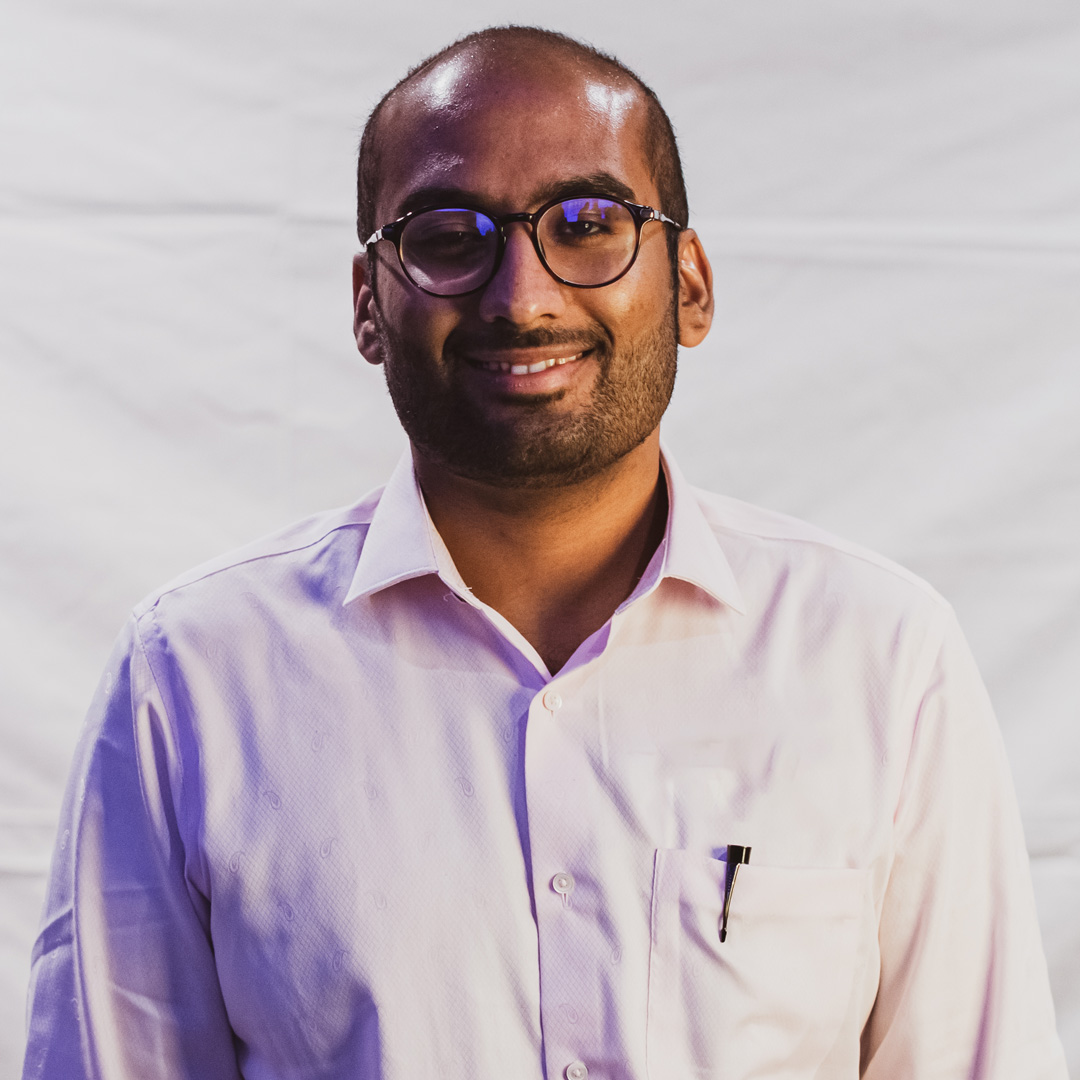My Topol fellowship problem / project:
The in-patient wards have boards displaying patient information that are usually white boards which are manually updated from electronic records. This system, while providing a quick overview of all the patients to all the staff, is flawed as it heavily relies on human effort to be updated. This is cumbersome and unrewarding for staff, taking time away from other clinical tasks that eventually impacts quality of patient care. Usually, patients are monitored when they are on certain medication, this can often be forgotten leaving the patient vulnerable. This could lead to avoidable adverse effects for the patients and loss of morale for the team. I am working to replace the white board with a digital board that would extract the relevant data directly from the digital notes with an aim to improve patient care and safety. Removing the task of updating it from the staff would result in freeing up staff time for other more skilled tasks, makes the information more trust worthy removing the requirement of staff to check back if the information is still correct and relevant. This allows staff to make safety plans for the patient in the huddle groups more efficiently and update it immediately while being available to all staff to access immediately on their laptops. This would allow teams to quickly identify Early Warning Signs, possible risks for falls, efficiently monitor for food and fluid intake and monitor medication. The constant update to the patient data would be in keeping with the Care Quality Commission requirement for ensuring patient safety.
About me
I am a Speciality Trainee Doctor in Old Age Psychiatry with the Humber and Yorkshire Deanery and currently working in Tees, Esk and Wear Valleys NHS Foundation Trust. I was previously a Senior Clinical Fellow with the Black Country NHS Healthcare Foundation Trust after completing my under-graduation and then post-graduation in psychiatry from India. I developed a passion for digital technologies having first-hand witnessed the good it can do in addressing patient safety and health inequalities. I have seen the impact some digital change like video consultations, electronic prescribing and electronic records have in improving patient centred care. I am also keen to avoid creating new inequalities due to digitisation particularly to older adults, those with less access to digital technologies and in relation to mental health. When not fussing about people’s minds, I like to explore the outdoors, sit back and read a good book or do a shift as a listening volunteer for the Samaritans.

